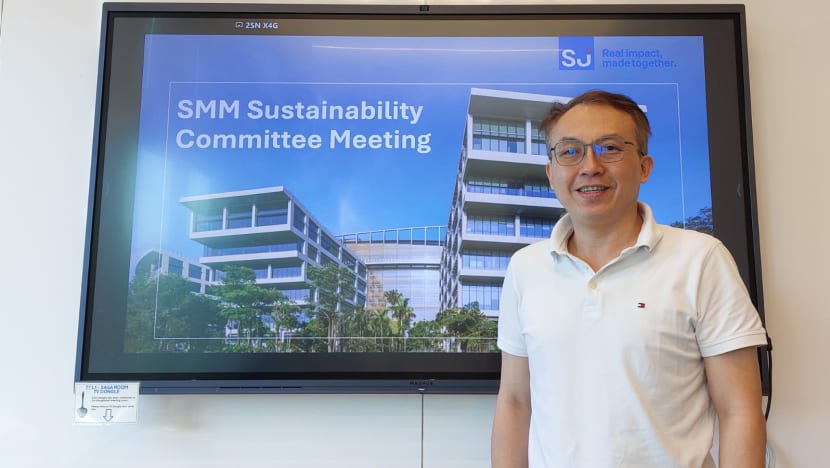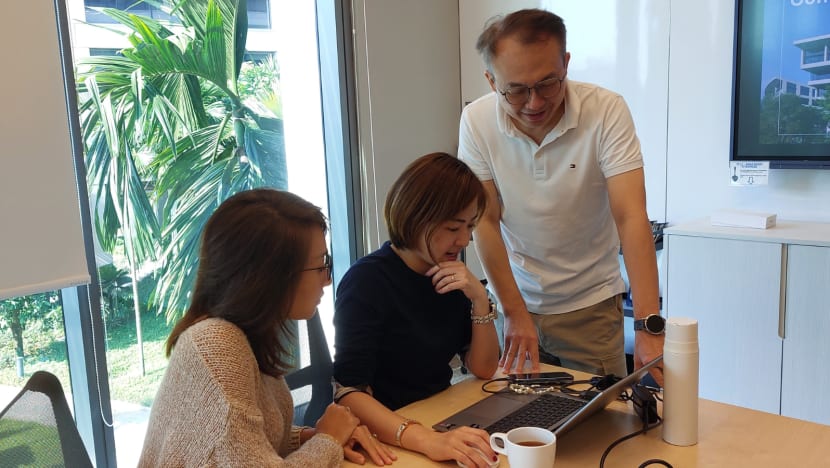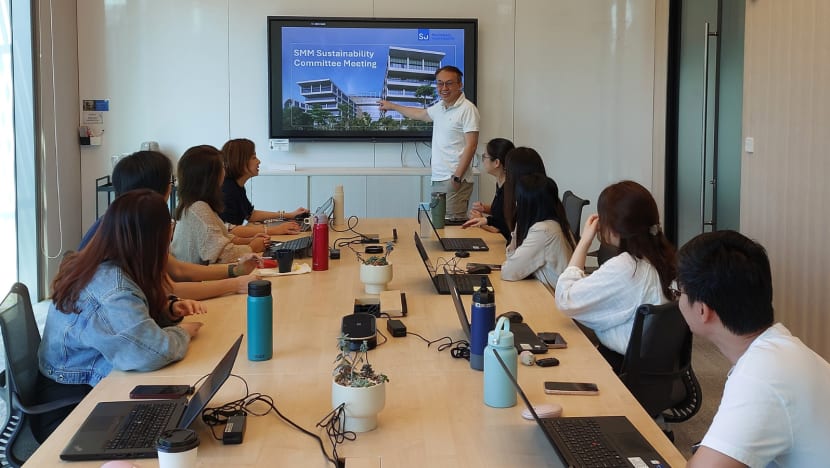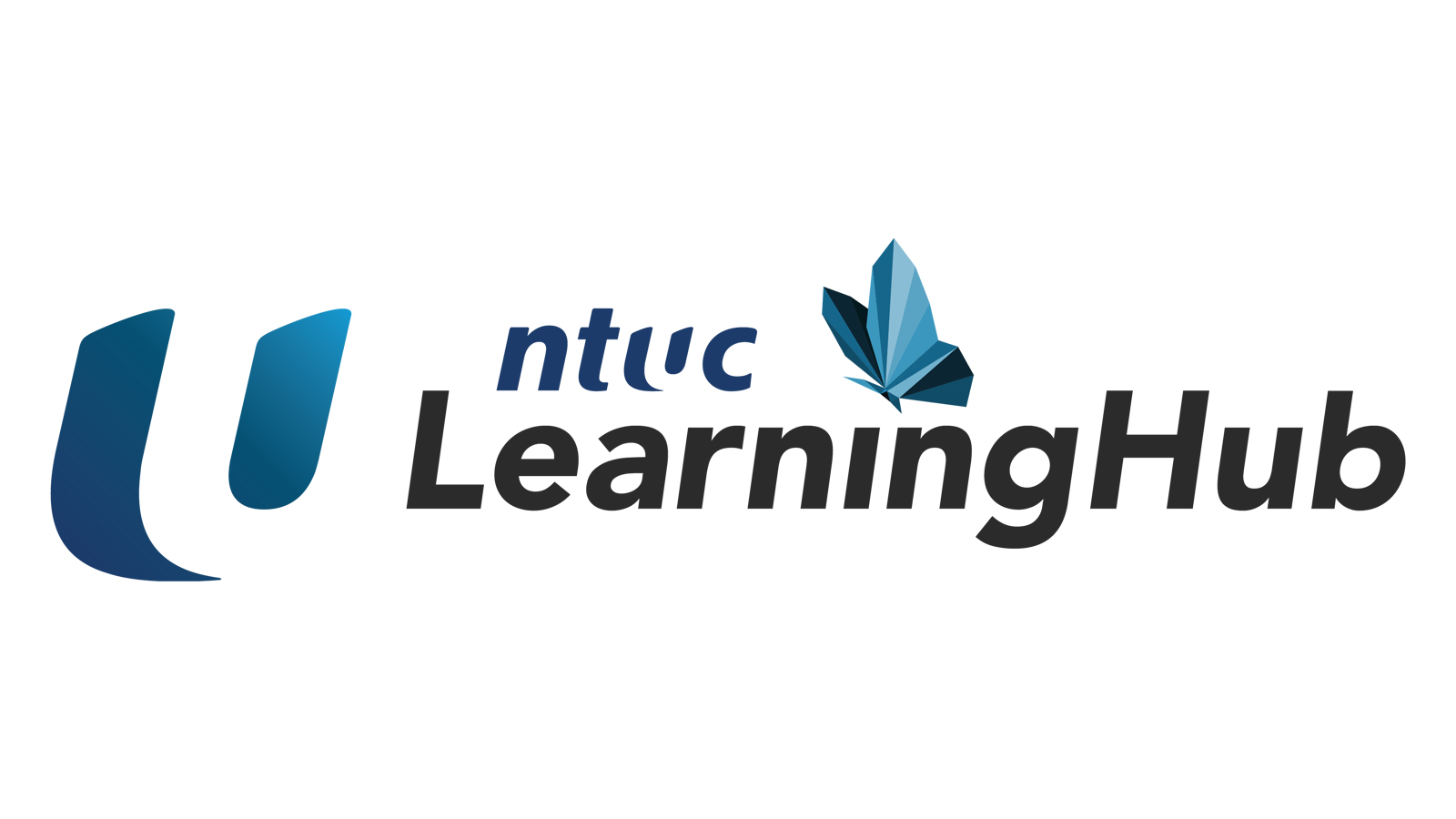Upskilling for sustainability: Building talent, strengthening capabilities
Through its partnership with NTUC LearningHub, Surbana Jurong Group is equipping its workforce with sustainability expertise, driving innovation and long-term growth.

Embracing ESG principles helps Surbana Jurong (SJ) attract top talent, strengthen its reputation and drive long-term success, says Mr Ang Chee Meng, director, Innovation and Sustainability at SJ's Facilities Management division. Photos: Surbana Jurong

This audio is generated by an AI tool.
Rising temperatures, extreme weather events and shifting climate patterns are forcing a fundamental rethink of how infrastructure is designed, built and maintained. At the same time, supply chain disruptions are resulting in rising material costs. Around the world, these challenges are accelerating the push for more sustainable solutions and practices.
Amid this transformation, Surbana Jurong Group (SJ) is investing in sustainability expertise to stay ahead. By equipping its workforce with the skills and knowledge needed for a greener economy, the global urban, infrastructure and integrated solutions consultancy company is also enhancing talent retention and ensuring long-term growth.
To augment its employees’ green capabilities, SJ has partnered with education and training provider NTUC LearningHub. This collaboration gives its workforce access to a broad spectrum of courses in high-demand areas, including sustainability and technology.
One such course is the Centre for Sustainability and Excellence (CSE) Certified Sustainability (ESG) Practitioner – Basic. Designed to introduce key environmental, social and governance (ESG) principles and frameworks, it offers a holistic view of ESG practices that support sustainable business strategies.
Mr Ang Chee Meng, director, Innovation and Sustainability at SJ’s Facilities Management division, ensures that team members who complete the course apply their knowledge in their day-to-day work. “SJ is moving towards creating a regenerative future. To get there, every employee must be equipped with the knowledge and tools to integrate sustainability into our daily operations. It creates a shift in how we view our work and roles. NTUC LearningHub’s course supports this by helping us stay competitive and comply with regulations,” said Mr Ang.
SHAPING THE FUTURE WITH BEST PRACTICES AND INNOVATION
At SJ, technical experts deliver sustainable solutions that span the entire project life cycle, from planning and design to delivery and management.
As the demand for green solutions rises, clients increasingly seek solutions that comply with sustainability regulations and align with environmental certifications such as the Building and Construction Authority’s Green Mark or Leadership in Energy and Environmental Design, said Mr Ang.
Keeping pace with these evolving green standards and certifications is critical, as it enables teams to identify opportunities for reducing waste and improving resource management. According to NTUC LearningHub’s Sustainability for Business Resilience Report, four in five surveyed business leaders agreed that it is necessary for employees to obtain certifications in sustainability in order to meet these industry requirements and standards.
Meanwhile, facilities management practitioners are expected to integrate smart solutions that optimise operational efficiency and support clients in achieving their sustainability goals. One-third of business leaders in the report identified facility management as a key area for reducing energy consumption and lowering an organisation’s carbon footprint.

“Training our employees in sustainability empowers them to meet these needs in the built environment while also positioning them as advocates of SJ’s commitment to shape cities to not just sustain, but regenerate in the long term,” said Mr Ang.
NTUC LearningHub was SJ’s learning partner of choice for its facilities management team, as its hybrid learning format aligned with the team’s training needs. The CSE Certified Sustainability (ESG) Practitioner course combines two days of e-learning with three days of synchronous training, ensuring a balance of in-class time and independent study.
“The nature of facilities management requires managers and operations teams to be on site, so training has to be flexible enough to minimise disruption to daily operations,” explained Mr Ang. “The e-learning component allows employees to learn at their own pace, while the classroom sessions provide valuable networking opportunities with industry peers.”
The course’s focus on ESG principles enables participants to better understand the broader impact of sustainability on business operations. They also gain practical insights into the latest regulations, standards and best practices, which they can immediately apply. For example, lessons on carbon reduction strategies have allowed SJ employees to integrate sustainable solutions into daily operations more effectively.
Said Mr Ang: “By embracing ESG principles, SJ can attract top talent, enhance our reputation and ultimately ensure long-term success in an increasingly sustainability-focused business environment.”
HONING TALENT AND BOOSTING STRATEGIC CAPABILITIES FOR THE FUTURE

According to Mr Ralph El Helou, SJ’s global learning and development lead, lifelong learning is part of the company’s DNA. By providing diverse, high-quality learning experiences, SJ continually invests in workforce development, strengthening capabilities while fostering global mobility at every level.
As one of its key learning partners, NTUC LearningHub complements SJ’s in-house global training academy, enhancing an agile, sustainable and scalable learning ecosystem. This approach not only addresses immediate skill gaps but also prepares the SJ talent pool for future industry trends.
“A core focus area is ESG expertise. SJ is expanding its learning initiatives to deepen capabilities, drive innovation and reinforce our leadership in sustainable development to shape a more resilient future,” shared Mr El Helou.
“NTUC LearningHub has enabled our facilities management practitioners to collaborate with key players in the built environment ecosystem, exchange insights and apply best practices to real-world challenges,” Mr Ang noted. “Our employees have attained credible certifications and are now contributing to the pool of sustainability experts in the industry.”
Explore how NTUC LearningHub can help you or your company develop essential sustainability competencies.















